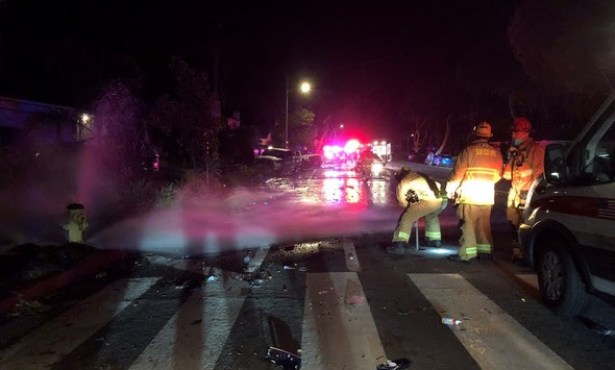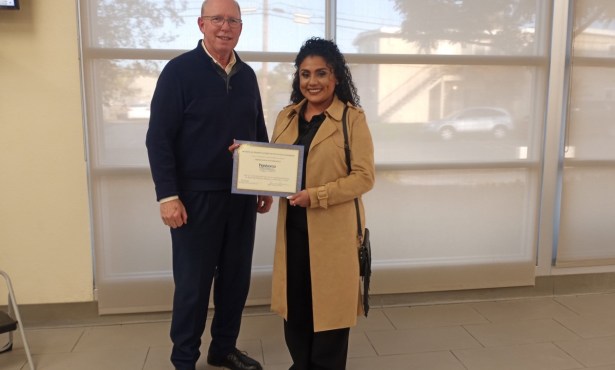Capps Votes Against Defense Bill and PATRIOT Act
Cites Lack of Firm Withdrawal Plan from Afghanistan

In the past week, Congressmember Lois Capps voted against the Defense Authorization Act, in part because she contended it lacked sufficiently specific language as to expediting the United States’ withdrawal of troops from Afghanistan beginning this summer. In addition, Capps said the authorization measure, which passed despite her opposition, contained language that would slow down the military’s retreat from the “Don’t Ask, Don’t Tell” policy regarding gays in the military. Capps also complained the bill contained multibillion-dollar funding for the F-35 alternate engine program, which had been rejected before by President Barack Obama and former secretary of defense Robert Gates.
Capps voted in favor of an amendment that would have set more specific timelines for troop withdrawals from Afghanistan and to accelerate the power shift to Afghani authorities. While the amendment failed, the vote was close, 204 to 215. By contrast, a similar measure last year failed by a much wider margin, garnering just 162 votes. Strikingly, 26 Republicans voted for the measure and only eight Democrats voted against it. Currently, the Obama administration has committed to withdrawing 5,000 of the 100,000 troops now stationed in Afghanistan by this summer.
Republicans opposed the measure largely on the grounds that such timelines would hobble the generals in charge of military strategy and disadvantage the United States by telegraphing its intentions in advance. Supporters of the amendment contend such timelines are essential to bring to an end a war that’s dragged on nearly 10 years now, and put the Afghani authorities on notice that they need to shoulder more of the burden.
In a related vein, Capps voted against an extension of several provisions of the PATRIOT Act, even though President Obama and California Senator Dianne Feinstein had argued they were crucial for maintaining national security. The measures, which passed despite Capps’s opposition, included the use of roving wiretaps on suspected terrorists, and lone-wolf investigations on individuals with no known ties to terrorists. Capps said she wanted language more narrowly tailoring such government intrusions. She also expressed regret that so little work had been done to address these concerns in the four months since Congress had given these provisions a temporary green light. The House voted to reauthorize the PATRIOT (Providing Appropriate Tools Required to Intercept and Obstruct Terrorism) Act by a vote of 250 to 153. Joining with Democrats concerned about the civil liberty implication of the measures were about 25 Republicans who expressed similar concerns.



